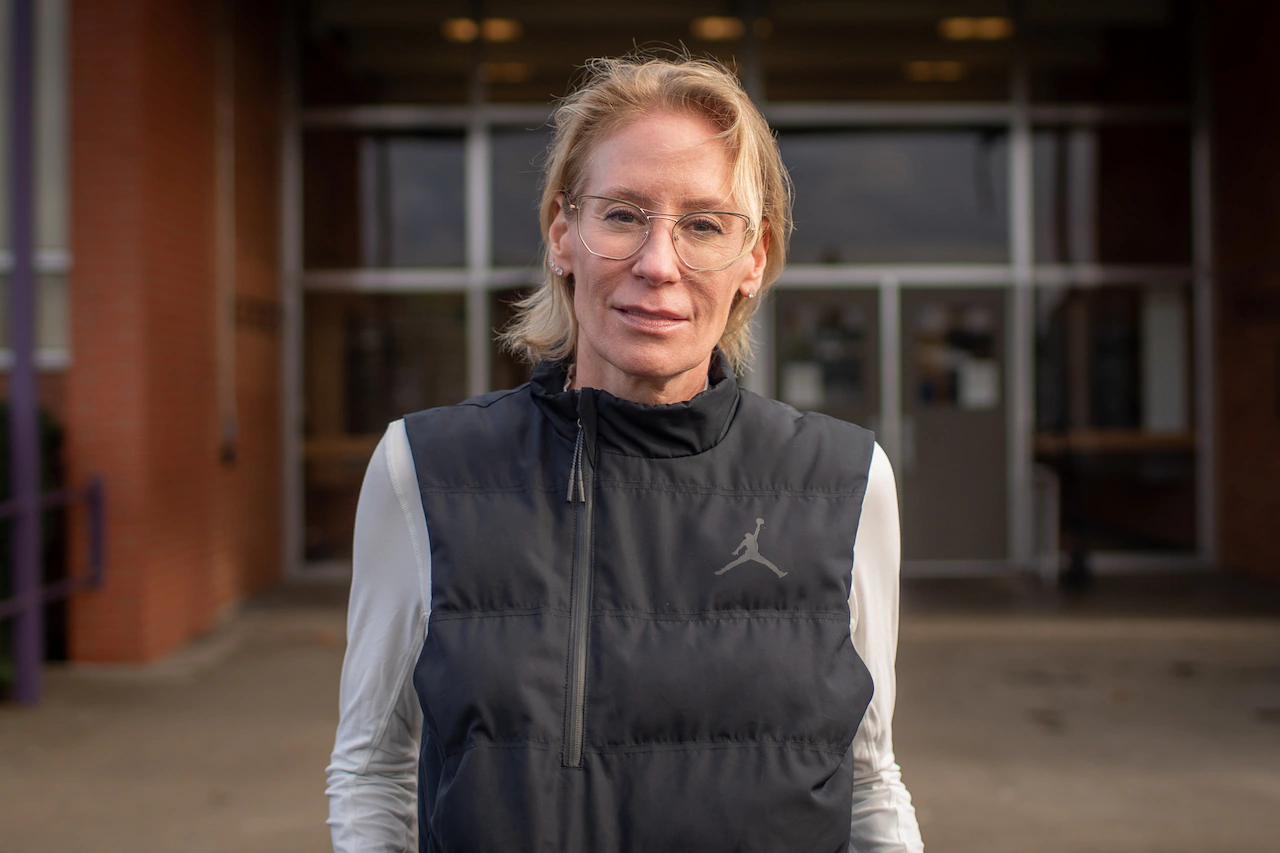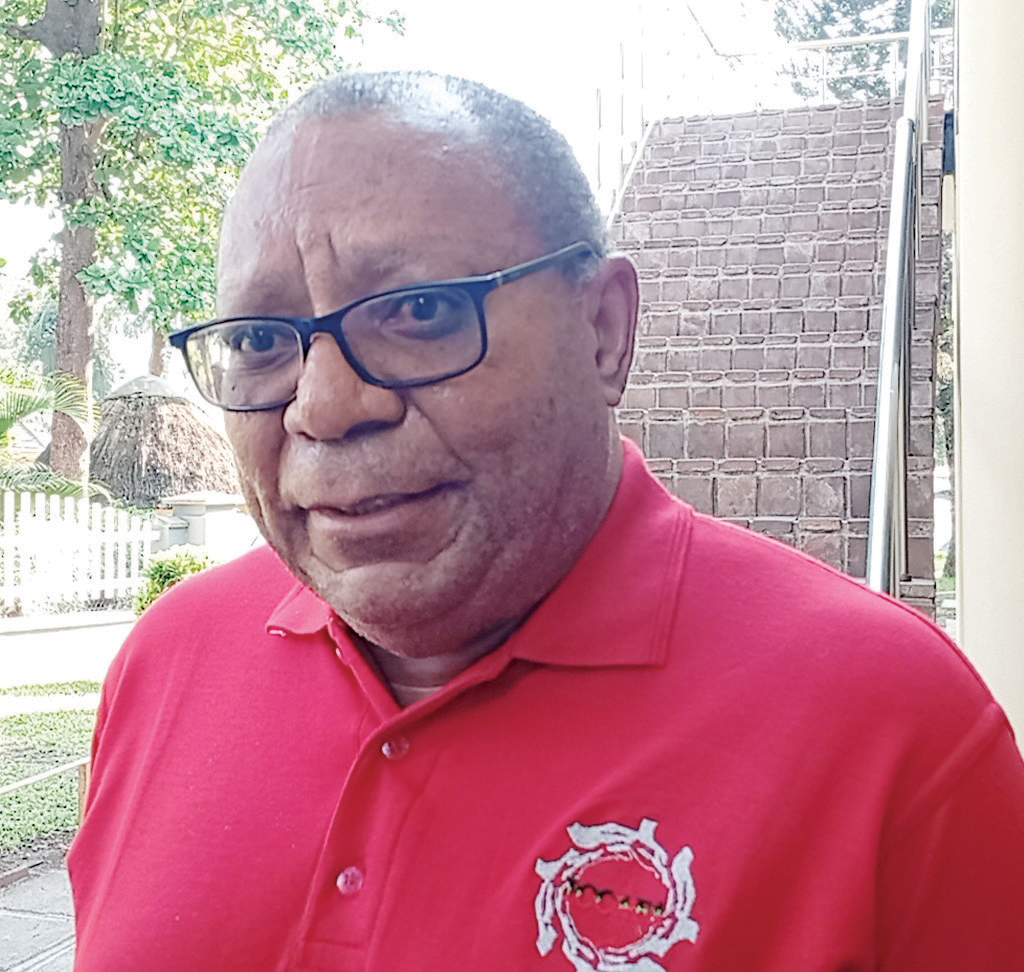Copyright The Oregonian

State government agencies in Oregon are authorized to employ more than 43,000 workers. In late September, the state’s administrative department calculated that nearly 1,700 jobs had been sitting empty for more than a year, data obtained by The Oregonian/OregonLive shows. And two of those long-running vacancies are at the Oregon Department of Education, which has held open a pair of positions investigating claims of discrimination in public schools for more than 18 months. The state’s slow-walking of the investigators’ hiring process illustrates how it can take years for Oregon government to hire people to address a known problem, even after lawmakers sign off on spending the money. Leaders at Oregon’s education department have known for years that students and families faced long delays when they report discrimination in schools. This fall, an investigation by The Oregonian/OregonLive found that students and families routinely wait more than 15 months for the state education department to complete investigations and determine if violations occurred, with some reviews exceeding five years. The education department has for years relied on a combination of contracts with outside investigators and its own employees, who handled all phases of individual cases from intake to investigation to writing decisions. By adding two dedicated staff investigators, education officials hoped to help clear the agency’s backlog of complaints and reduce wait times for cases to be resolved. Lawmakers approved money in March 2024 to hire two investigators and other positions. Yet although the state filled most of the new jobs by May, the education department left the investigator jobs open. They were finally advertised for hiring on Sept. 4, seven business days after The Oregonian/OregonLive inquired why it was taking so long. Sen. Lew Frederick, a Portland Democrat who was a co-chair of the Joint Committee on Ways and Means Subcommittee on Education in 2024, told the newsroom earlier this fall that he was “very disturbed that investigators have not been hired.” Gov. Tina Kotek requires state agencies to report job vacancies and the reasons for them on a quarterly basis. With 9.8% of jobs sitting empty at least six months in the most recent report, the Oregon Department of Education is at the higher end of state agencies but not the highest: 16.1% of jobs at the Criminal Justice Commission sat unfilled for at least six months, according to the state’s central administrative agency. To learn how it could take so long to fill two important jobs serving the public, The Oregonian/OregonLive asked the education department for more details. Liz Merah, a spokesperson for the education department, cited two primary reasons: leaders prioritized filling other jobs first, and the agency put a monthslong hold on external recruitments in May 2025 to comply with labor agreements. Merah said education officials prioritized hiring six other new positions in the Complaints & Appeals Resolution Unit, the team that handles discrimination and other types of investigations, before the investigators. She wrote in an email that it was necessary to stagger the recruitments given the full workloads of the two managers who were responsible for bringing on new employees, along with other duties. “We prioritized positions that were most critical to issuing orders (on discrimination and other types of cases) and reducing our backlog, which is the foundation for improving our overall timeliness and accountability,” Merah said. The priority jobs included a dedicated manager for the unit, several complaint and appeals specialists to write case decisions and an administrative worker. The longest delay in the investigator recruitment was the 10 months when the education department did nothing to initiate the hiring process for the newly authorized jobs. Once managers started the process by drafting job descriptions for human services staff on Feb. 25, the process moved quickly — for a while. Human resources staff completed their work on the job descriptions within five business days, sending the hiring documents to Oregon’s central administrative agency for review on March 4, according to information provided by Merah. Three days later, the administrative agency signed off on the job descriptions. By late March, the hiring manager and human resources workers were meeting to plan the recruitment for the jobs. Then, in early April, the manager of the unit decided to pause the investigator recruitment. That’s because the manager “was onboarding two new order writers who joined ODE in early March,” interviewing for a third order-writing job that was filled by mid-May and helping advocate for the Legislature to pass a law to broaden the array of sanctions the state can impose on school districts that violate antidiscrimination laws, Merah wrote. Additionally, education agency leaders “signaled that a hiring pause was approaching.” All external recruitments at the department paused May 13 to allow employees in limited duration state jobs to apply for permanent positions, as mandated by union contracts. The agency-wide pause was lifted Oct. 27, although the department’s deputy director of operations gave permission to re-initiate the hiring process for the investigator positions in late August, Merah said. Merah pointed out that during the 18 months when the two investigator jobs sat vacant, the education department used contract investigators to continue work on discrimination cases. Yet for some families who reported discrimination, it was unclear whether anyone was looking into their claims. A mother who shared her story with The Oregonian/OregonLive, Janet Neron-Nyang’oro, appealed to the state in 2020 after the Beaverton School District decided that district employees had not discriminated against Neron-Nyang’oro’s daughter. For years, Neron-Nyang’oro never heard from an investigator. Finally over the summer, Neron-Nyang’oro said she called the education department and “threw a stink” over the delays in the case. Nearly five years after appealing to the state, she finally heard from an investigator. State officials won’t comment on any specific case. As of Thursday, the state had yet to hire its two new investigators. But the agency is in the final stages of its recruitment process, Merah wrote in an email, and “barring any unforeseen issues, we expect to make offers within the next 1-2 weeks.”



